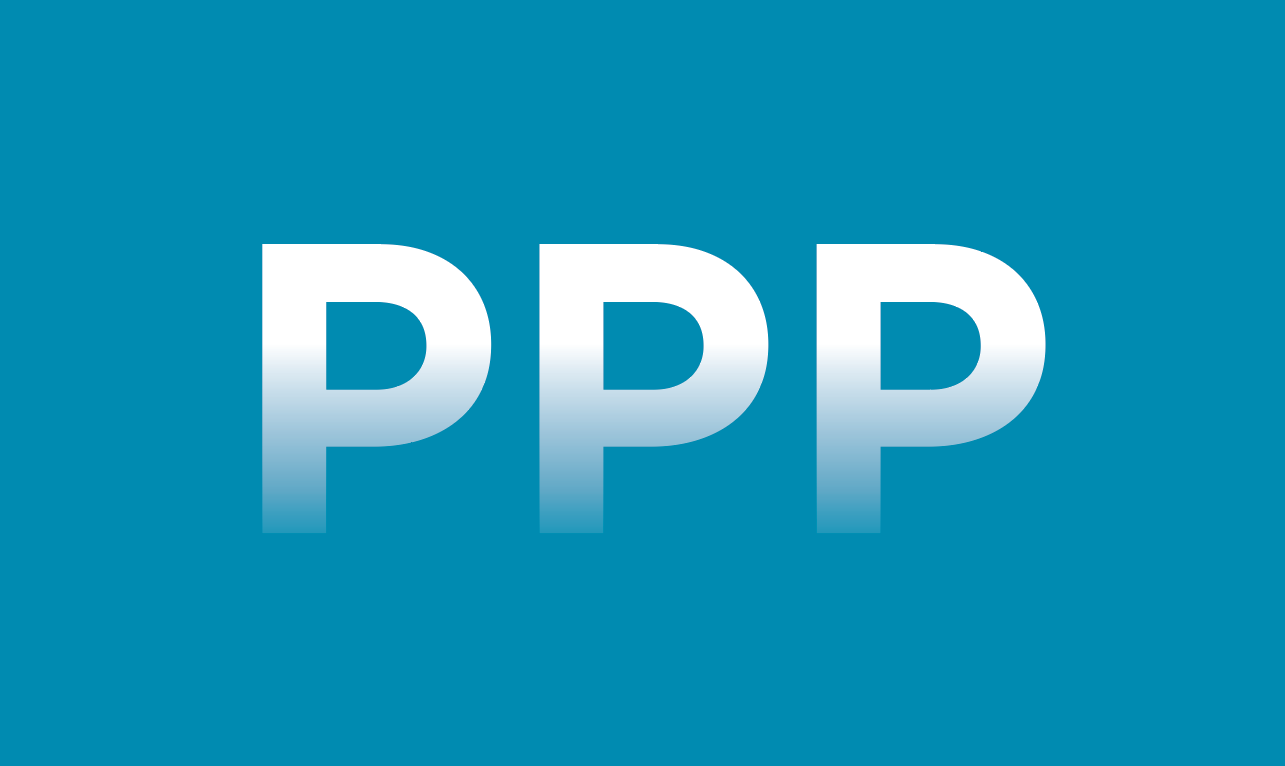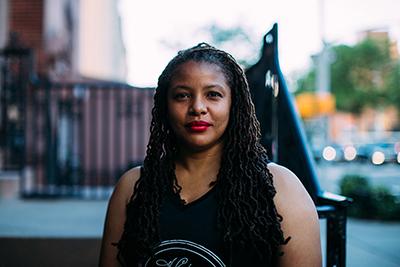
by Rachel Shapiro & Daniel Binette, Associates at Cleary Gottlieb Steen & Hamilton LLP
IF YOU RECEIVED A LOAN UNDER THE PAYCHECK PROTECTION PROGRAM (“PPP”), YOU MAY BE THINKING ABOUT APPLYING FOR LOAN FORGIVENESS. HERE IS A QUICK GUIDE ON HOW TO APPLY, AND WHAT TO DO IF YOUR APPLICATION IS DENIED.
1) HOW DO I APPLY FOR FORGIVENESS OF MY PPP LOAN?
-
You’ll need to submit the right loan forgiveness application (SBA Form 3508, 3508EZ or lender’s equivalent) to your lender. Certain borrowers can use the short-form “EZ” application form. Check out our Fact Sheet on the EZ Application to learn more.
-
You will also need to submit documents showing how you used your PPP proceeds. You must keep these types of records for 6 years after your loan is forgiven or repaid in full.
-
You can submit your application as soon as you have used the loan proceeds that you are seeking forgiveness for. But you must apply within 10 months of the end of your 24-week forgiveness period (or, if earlier, within 10 months of December 31, 2020). If you received your loan before June 5 and opted to use an 8-week forgiveness period, you must submit your application within 10 months of the end of that shorter period.
2) I SUBMITTED MY LOAN FORGIVENESS APPLICATION. NOW WHAT?
-
·Your lender will review and may reach out to you with additional questions. PPP lenders have 60 days to submit their forgiveness decisions to the SBA. Your lender will (a) approve your application entirely, (b) approve your application partially or (c) deny your application (if the SBA decides to review your loan while your forgiveness application is pending, your lender might deny your application; in such cases, you may be able to reapply for forgiveness later).
-
If your lender denies your application, you can ask the SBA to review that decision, so long as you file the request within 30 days of receiving your lender’s denial). The SBA does not have to accept your request.
-
If the lender accepts your application for forgiveness (in whole or in part), the SBA will pay your lender the forgiven loan amount (so you don’t have to!), unless the SBA decides to review your application and disagrees with the lender’s decision.
3) CAN I APPEAL AN SBA DECISION?
-
Yes, certain SBA decisions can be appealed to the SBA Office of Hearings and Appeals (“OHA”).
-
You can appeal an SBA decision if the SBA finds that you (1) were not eligible for a PPP loan; (2) were not eligible for the PPP loan amount received; (3) used the PPP loan for unauthorized uses; (4) were not eligible for loan forgiveness in the amount determined by the lender; or (5) were ineligible for loan forgiveness in any amount when the lender has issued a full denial.
-
You may not appeal any other SBA decision. For example, you may not appeal if:
-
Your lender partially approves your application for forgiveness and the SBA agrees with the lender’s determination, or
-
The SBA decides not to review your lender’s full denial of your forgiveness application.
-
If you can appeal, you will need to file within 30 days of receiving the SBA decision. This process can be complex and you should reach out to SSTB if you are considering filing an appeal of an SBA decision.
-
Your appeal will be assigned to a judge. The judge may decide your case based on your written appeal and related documentation, or it may allow additional discovery or even order a hearing. If the judge rules in favor of the SBA, you can request reconsideration.
We hope this information is helpful! If you have questions, don’t hesitate to reach out to Start Small Think Big to discuss.
This information is current as of September 15, 2020, and should not be considered comprehensive. This is not a substitute for, and should not be relied upon as, legal or professional advice; we recommend that you consult professional advisors for guidance on your individual circumstances. Nothing contained herein creates an attorney-client relationship with Cleary Gottlieb. This information should not be construed as an endorsement of any specific financial program.


